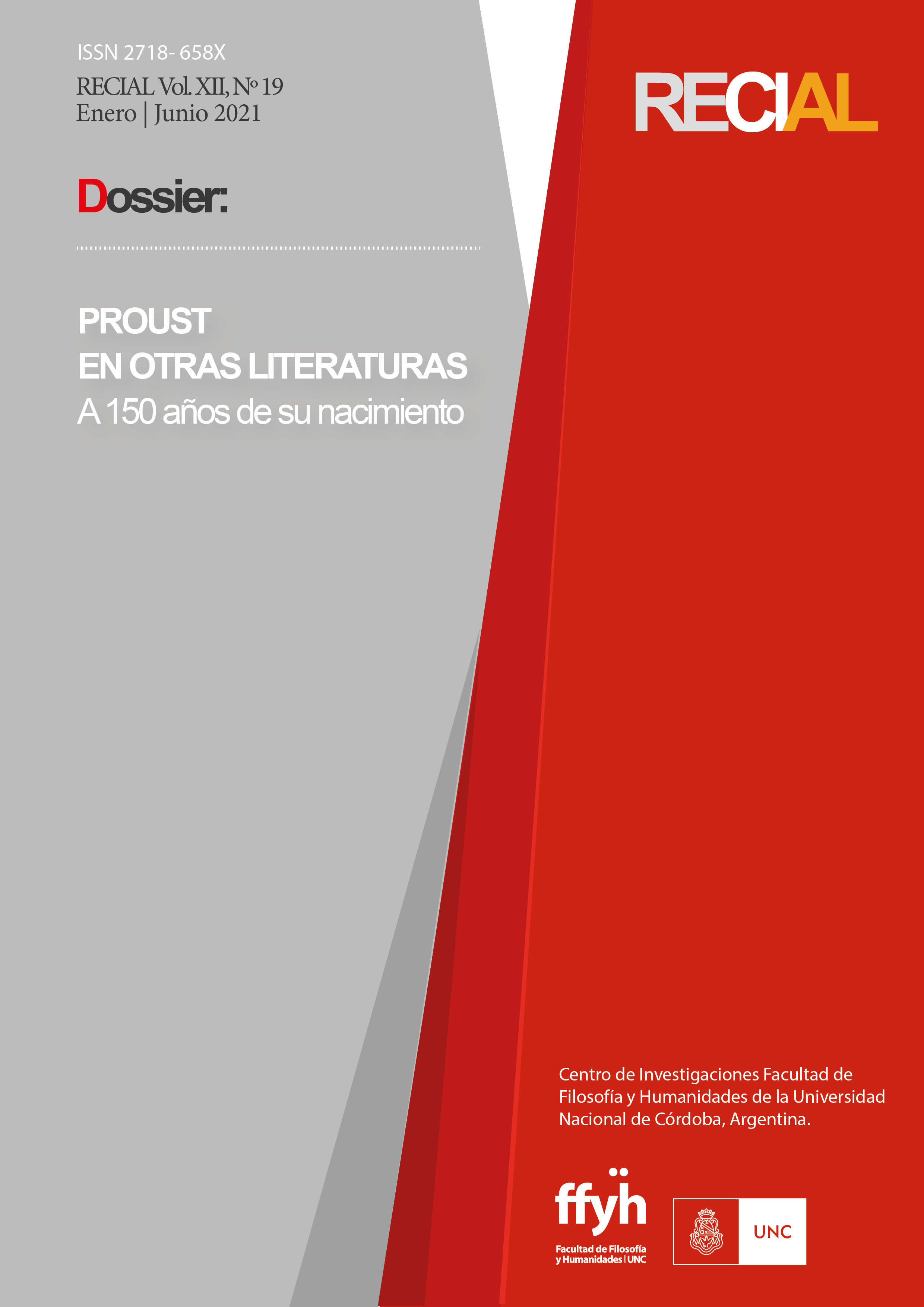Positive Violence and the Neoliberal Imperative of Performance in Isaac Rosa's The Dark Room
DOI:
https://doi.org/10.53971/2718.658x.v12.n19.33840Keywords:
positive violence, neoliberal imperative of performance, freedom, self-demandAbstract
The Dark Room (2013) by Isaac Rosa warns, through discursive techniques such as analepsis and prolepsis, ascending enumerations, borrowing from cinematographic techniques, among others, that the freedom promised by the neoliberal system is an illusion that aims to create in the individual the idea of labor independence when in fact it inoculates in them the need to constantly produce, meet self-imposed demands and, in this way, maintain their status or advance to another. The self-exploitation of the protagonists of the novel is one of the representations of positive violence, which is imperceptible and, therefore, more harmful and dangerous because the subjects do not realize the self-inflicted damage until it is too late. In this sense, the dark room that a group of friends share for fifteen years is transformed into the space to get away from the vertigo, hustle and bustle and the obligations that transform the person into a prisoner of their own mandates and the implicit demands of the neoliberal system.
References
Arendt, H. (2005). Sobre la violencia. Madrid: Alianza.
Bauman, Z. (2011). Daños colaterales. Desigualdades sociales en la era global. Buenos Aires: Fondo de Cultura Económica.
Genette, G. (1972). Discurso del relato: Ensayo de método. Figuras III. Ed du Seuil, Coll. Poétique.
Gullón, G. (2006). Novelistas nacidos en los 60 y 70. Alicante: Biblioteca Virtual Miguel de Cervantes.
Hamon, P. (1977). Para un estatuto sociológico del personaje. En R. Barthes, W. Kayser, W. C. Booth y P. Hamon (Cols.), Poétique du récit (pp. 115-129). París: Seuil.
Han, B. C. (2013). Topología de la violencia. Recuperado de https://www.libronube.com/descargar-topologia-de-la-violencia-byung-chul-han/29854/
Han, B. C. (2016). La expulsión de lo distinto. Recuperado de https://www.libronube.com/descargar-la-expulsion-de-lo-distinto-byung-chul-han/40365/
Jurado Morales, J. (2014). La literatura como responsabilidad social: La habitación oscura de Isaac Rosa. Ínsula, 69(809), 34 a 37.
Rosa, I. (2013). La habitación oscura. Barcelona: Seix Barral.
Downloads
Published
Issue
Section
License

This work is licensed under a Creative Commons Attribution-NonCommercial-ShareAlike 4.0 International License.
Aquellos/as autores/as que tengan publicaciones en esta revista, aceptan los términos siguientes:
- Los/as autores/as conservarán sus derechos de autor y garantizarán a la revista el derecho de primera publicación de su obra, el cuál estará simultáneamente sujeto a la Licencia de reconocimiento de Creative Commons que permite a terceros compartir la obra siempre que se indique su autor y su primera publicación esta revista.
- Los/as autores/as podrán adoptar otros acuerdos de licencia no exclusiva de distribución de la versión de la obra publicada (p. ej.: depositarla en un archivo telemático institucional o publicarla en un volumen monográfico) siempre que se indique la publicación inicial en esta revista.
- Se permite y recomienda a los/as autores/as difundir su obra a través de Internet (p. ej.: en archivos telemáticos institucionales o en su página web), luego de su publicación en la revista. (Véase El efecto del acceso abierto).





